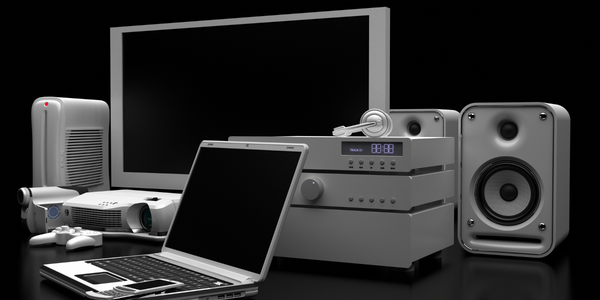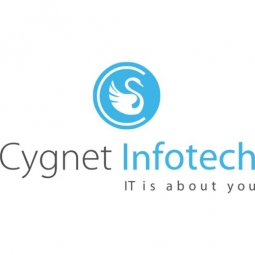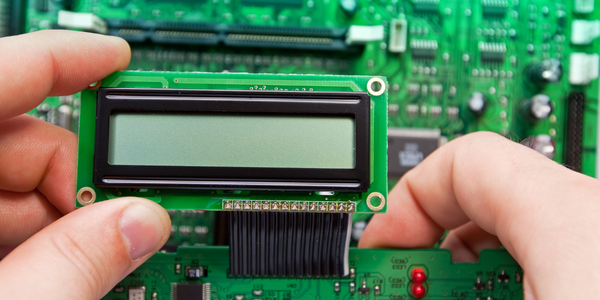Download PDF
Improved Efficiency by 30% for a Measuring Equipment Manufacturer

Technology Category
- Application Infrastructure & Middleware - Event-Driven Application
Applicable Industries
- Electronics
Applicable Functions
- Product Research & Development
The Challenge
The company challenges are as follows:
- Time-consuming manual data entries of temperature, pressure, moisture, etc., in PDF Inefficient data tracking & migration to another server
- Lack of a central repository to store the data in real-time
- Unable to generate the certificate in a no-network zone
- Unable to update the information on-the-go
The Customer
Not disclosed
About The Customer
Manufacturer of compact test & measurement instruments that measure temperature, moisture, combustion, pressure, refrigeration, airflow, and appliances across 35 countries.
The Solution
Cygnet Solutions:
- Developed Android & iOS mobile applications & web applications with multilingual feature
- Enabled automatic data collection, certificate digitization & generation in no-network zones.
- Generated reports and invoices, managed data & resolved queries
- Leveraged IoT to collect data, fill forms and generate certificates automatically Enabled digital signatures in certificates
- Accelerated sharing of certificates through the mail
Operational Impact
Quantitative Benefit
Related Case Studies.

Case Study
Remote Temperature Monitoring of Perishable Goods Saves Money
RMONI was facing temperature monitoring challenges in a cold chain business. A cold chain must be established and maintained to ensure goods have been properly refrigerated during every step of the process, making temperature monitoring a critical business function. Manual registration practice can be very costly, labor intensive and prone to mistakes.

Case Study
Cloud Solution for Energy Management Platform-Schneider Electric
Schneider Electric required a cloud solution for its energy management platform to manage high computational operations, which were essential for catering to client requirements. As the business involves storage and analysis of huge amounts of data, the company also needed a convenient and scalable storage solution to facilitate operations efficiently.

Case Study
Leveraging the IoT to Gain a Competitive Edge in International Competition
Many large manufacturers in and outside Japan are competing for larger market share in the same space, expecting a growing demand for projectors in the areas of entertainment, which requires glamor and strong visual performance as well as digital signage that can attract people’s attention. “It is becoming more and more difficult to differentiate ourselves with stand-alone hardware products,” says Kazuyuki Kitagawa, Director of Service & Support at Panasonic AVC Networks. “In order for Panasonic to grow market share and overall business, it is essential for us to develop solutions that deliver significant added value.” Panasonic believes projection failure and quality deterioration should never happen. This is what and has driven them to make their projectors IoT-enabled. More specifically, Panasonic has developed a system that collects data from projectors, visualizes detailed operational statuses, and predicts issues and address them before failure occurs. Their projectors are embedded with a variety of sensors that measure power supply, voltage, video input/ output signals, intake/exhaust air temperatures, cooling fan operations, and light bulb operating time. These sensors have been used to make the projector more intelligent, automatically suspending operation when the temperature rises excessively, and automatically switching light bulbs. Although this was a great first step, Panasonic projectors were still not equipped with any capability to send the data over a network.








